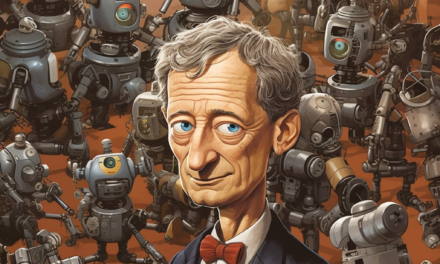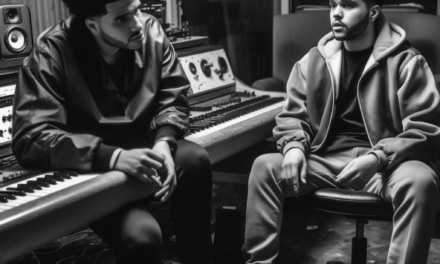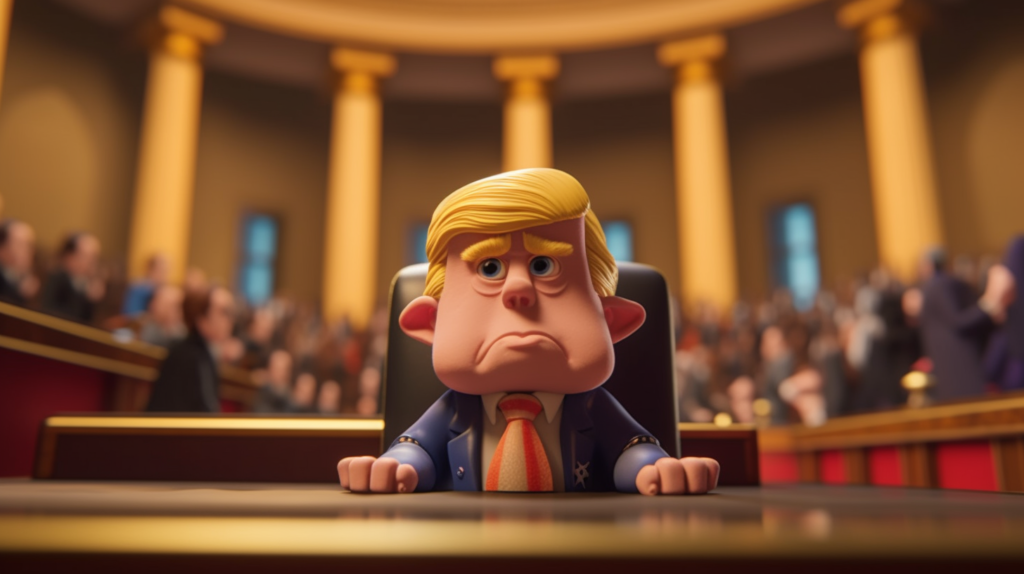As artificial intelligence (AI) continues to advance and make its mark in various industries, the entertainment industry is no exception. The Writers Guild of America (WGA) is demanding a say in how AI is incorporated into Hollywood, emphasizing the importance of embracing AI as an ally rather than a threat.
In a study commissioned by OpenAI, writers are in the “fully exposed” category, suggesting that AI could significantly reduce the time it takes for them to complete their work. AI’s potential to score highly on reading exams and produce stories and poems raises concerns for writers. However, as directors explore the possibilities of AI-generated scripts, it becomes essential to consider how Hollywood can harness this technology for the better.
A Cross-Industry Issue
The WGA is not the only organization trying to navigate AI’s role in their respective industries. Artists, actors, and musicians from various creative fields strive to gain mastery over AI technology to prevent its potential misuse against them. By learning from the history of automation, it becomes evident that leaving the implementation of new technologies to management is not the best course of action.
The WGA seeks to regulate the use of AI-generated material, ensuring that writers’ employment and pay are not negatively impacted. However, the Alliance of Motion Picture and Television Producers has rejected the proposal, offering annual meetings to discuss technological advancements instead.
Evolution of the entertainment industry
Despite the skepticism surrounding AI, its current trajectory draws parallels with the rise of streaming services in Hollywood. The entertainment industry has undergone significant transformations due to the internet and technological advancements, which have impacted the way writers are paid and their content is distributed.
The potential negative outcomes of AI integration include the possibility of AI-generated scripts replacing human writers or producers requesting writers to edit AI-generated scripts without disclosing their origins. Such scenarios would lead to crises in compensation, residuals, and artistic freedom.
On the other hand, AI can also have positive impacts, such as improved productivity and increased opportunities for diverse writers. For example, AI can assist non-native English speakers in improving their scripts. The introduction of disruptive technology like AI does not necessarily have to result in redundancy or job loss.
Striking a balance that works for all
To ensure a fair and beneficial integration of AI into the entertainment industry, it is crucial to consider the perspectives of both workers and management. Examples from other industries demonstrate the value of successful negotiations in reducing job losses and increasing productivity.
The efforts of the WGA to assert control over AI implementation provide valuable lessons for other industries as well. Addressing the issue of AI integration in the entertainment industry is vital as the technology continues to develop rapidly. By the time the next contract negotiation comes around, AI technology will likely be even more refined, making it crucial for the industry to find a way to embrace AI without sacrificing the livelihoods and artistic integrity of its writers.
The key to embracing AI in Hollywood lies in finding a balance between harnessing the technology’s potential benefits and safeguarding the interests of creative professionals. By working together and treating AI as an ally, the entertainment industry can continue to thrive while adapting to the rapidly changing technological landscape.











![Fei-Fei Li and a technical future - NewsBites.AI [Fei-Fei-li picture] looking optimistically into a technical future. Optimistic. Hopeful. Happy. Productive. --ar 16:9. Image courtesy of Midjourney, used with permission. All rights reserved.](https://newsbites.ai/wp-content/uploads/2023/05/Fei-Fei-Li-futuristic-1-150x150.png)